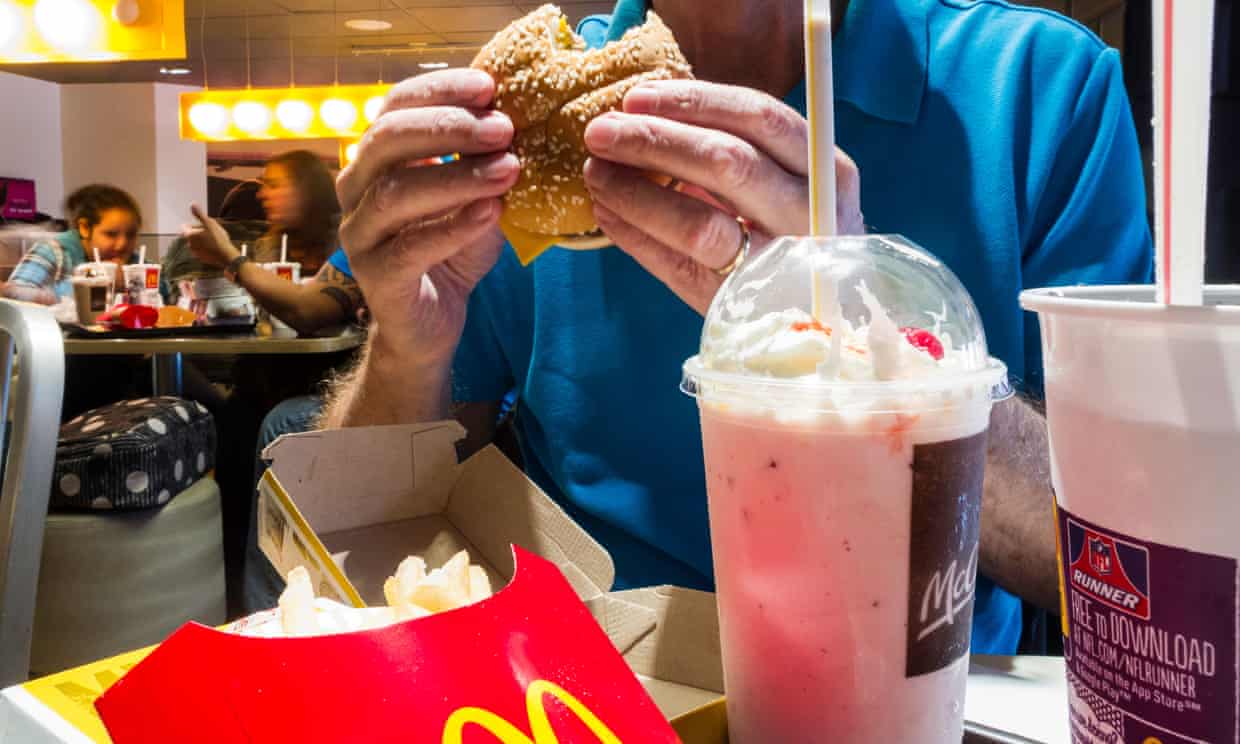
Summary:
Key data/statistical information:
- Facebook, a source of a lot of traffic from many online titles, has recognised the role it plays in driving the market, and in January 2015 promised to tweak its algorithm to demote fake news articles in users’ feeds.
- In a February 2015 report for the Tow Center for Digital Journalism at Columbia University, Craig Silverman wrote: “Journalists have always sought out emerging (and often unverified) news. They have always followed on the reports of other news organisations. But today the bar for what is worth giving attention seems to be much lower.
- In September 2015, the Brisbane Times was one of many titles to report the story of Natalie Amyot, a French tourist who had posted a video on YouTube saying she was seeking help to find a man with whom she’d had a one-night stand after discovering that she was pregnant. The same title reported the following day that it had been a set-up.
- In June 2014, Huffington Post and Mail Online were among those to report that three-year-old Victoria Wilcher, who had suffered facial scarring, had been kicked out of a KFC because she was frightening customers. Later, both the Mail and Huffington Post were among those reporting KFC’s announcement that two investigations had found no evidence to support the claims.
What's my view?
This shows how unreliable the internet is but also the news. We can't believe everything the news says as it can be inaccurate. Verification and fact-checking are regularly falling prey to the pressure to bring in the numbers, and if the only result of being caught out is another chance to bring in the clicks, that looks unlikely to change.
No comments:
Post a Comment